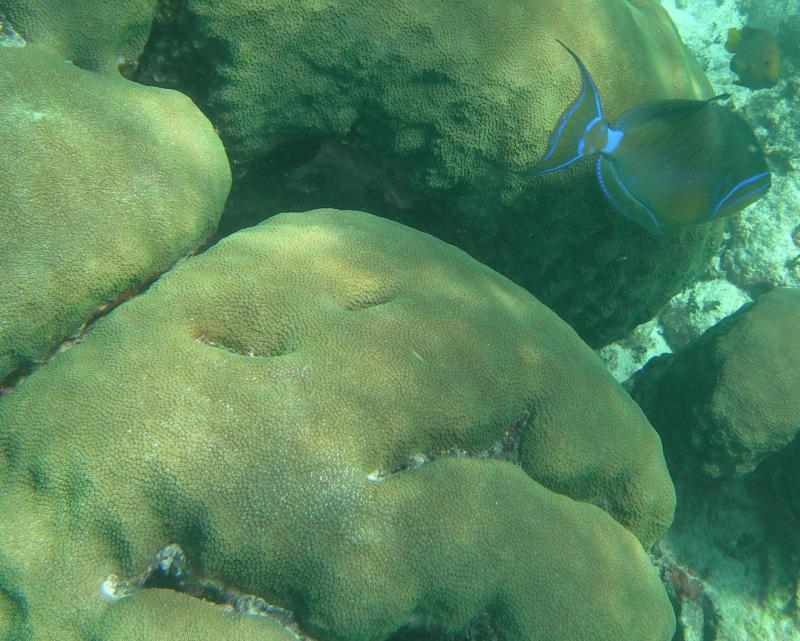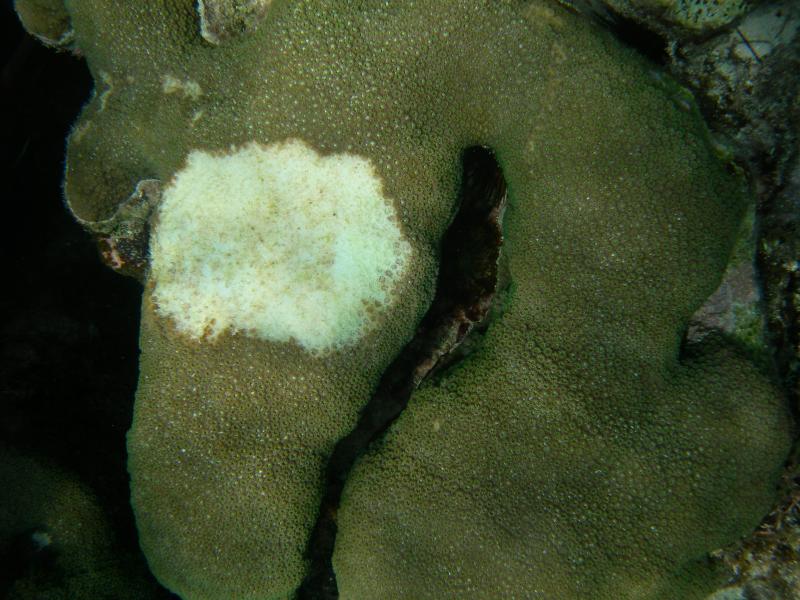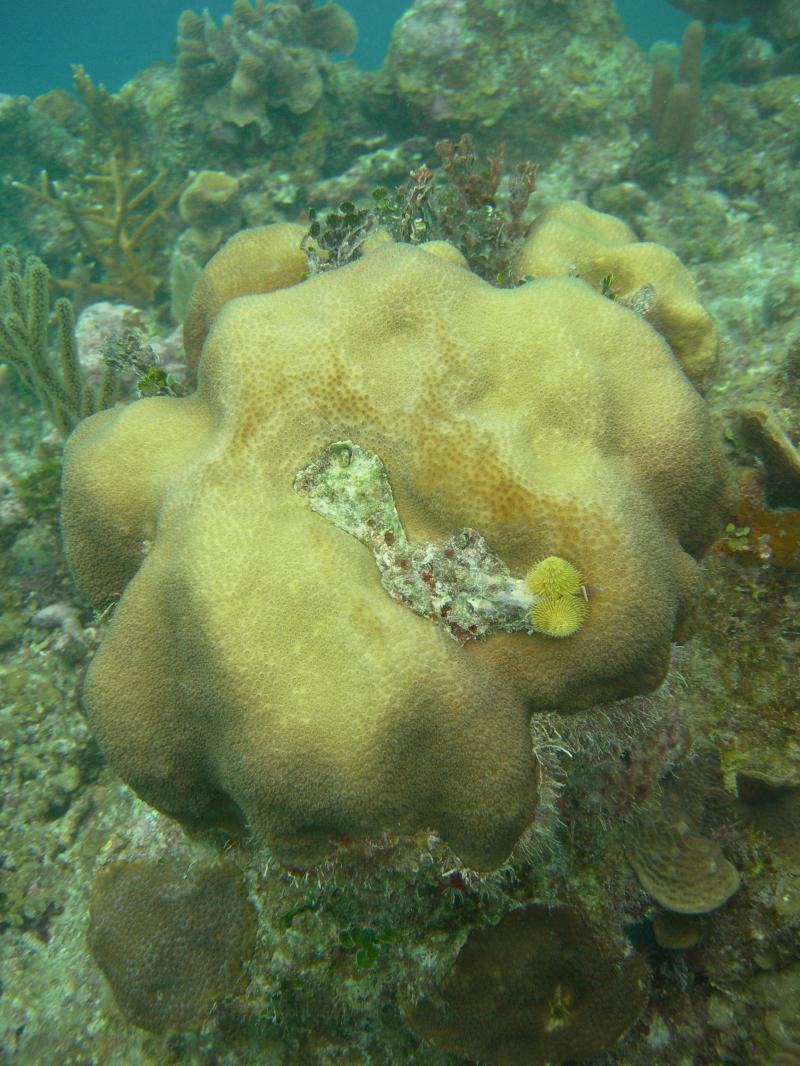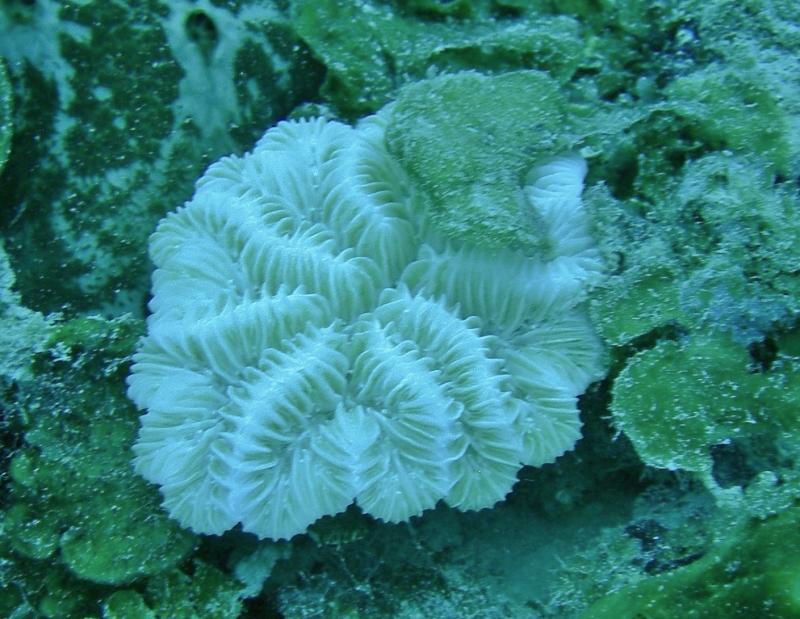St. George's Caye
PO Box 1234
Belize City, Belize
ph: 011 (501) 223-3022
fax: 011 (501) 223-7007
alt: 011 (501) 671-3483
linda
CORAL WATCH PROGRAMS
Coral bleaching monitoring programs have been established throughout the world where large coral reefs exist that are important to the tourism industry. These programs utilizes volunteers - marine guides and recreational divers and snorkelers - to submit regular reports on conditions on the reef and the condition of corals throughout the bleaching season.
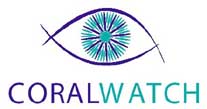
CoralWatch is a non-profit organisation built on a research project at the University of Queensland in Brisbane, Australia who has developed an inexpensive, simple, non-invasive method for the monitoring of coral bleaching, and assessment of coral health. The Coral Health Chart is basically a series of sample colors, with variation in brightness representing different stages of bleaching/recovery, based on controlled experiments. It is our aim to both provide a scientific tool and increase awareness about global warming by demonstrating one of its devastating effects.
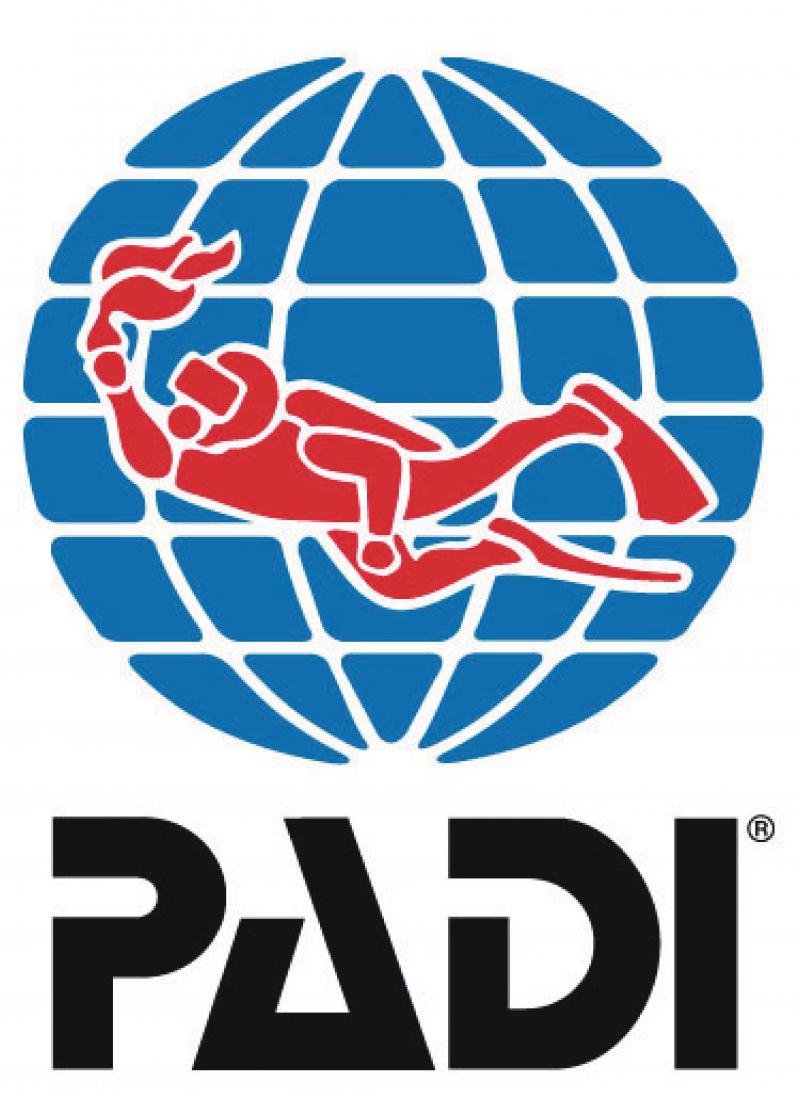
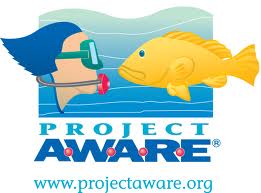
The Professional Association of Dive Instructors, PADI, is the largest diver certification organization that certifies more than 75% of scuba divers worldwide. Their conservation organization, Project Aware, promotes the University of Queensland's CoralWatch Program to all PADI Dive Center and Instructors, thereby reaching a large number of people whose livelihoods depend on a healthy reef. Locate your nearest PADI Dive Center for more details on the PADI Coral Watch Specialty Course.


Mote Marine Laboratory and the Florida Keys National Marine Sanctuary collaborate on coordinating the
Coral Bleaching Early Warning Network, or Bleach Watch, in the Florida Keys coral reefs.The project coordinator routinely revue's existing NOAA monitoring stations and satellite imagery analysis to track changes in environmental conditions within the Florida Keys region. Specially trained volunteers known as the Florida Keys “Bleach Watch” observers collect field observations to monitor for signs of coral bleaching.
Mote will work to gather and consolidate the existing NOAA analysis from satellite and monitoring data, combine that data with field observations by trained "BleachWatch" observers, and provide the FKNMS with a summary, or "current conditions report", throughout the summer.
Information from NOAA's remote sensing and in-situ environmental monitoring analysis are combined with "BleachWatch" volunteer observations in the field to provide a comprehensive overview of current conditions throughout the FKNMS. These reports will be generated according to the current conditions and the potential risk for coral bleaching.
http://isurus.mote.org/Keys/bleaching.phtml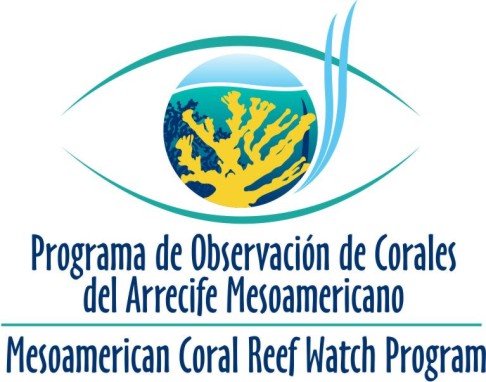
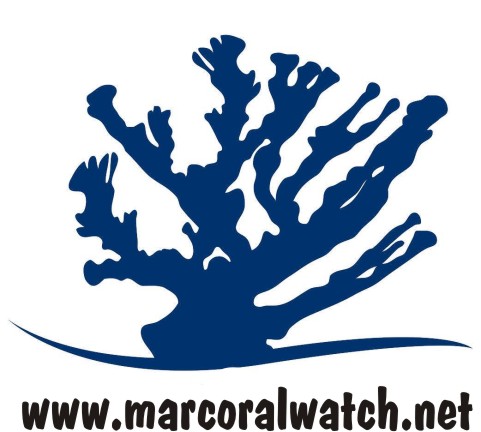
The Mesoamerican Coral Reef Watch Program was modeled after Australia's Coral Watch Program and was developed by Dr. Alex Arrivillaga through The Nature Conservancy (TNC). The MAR Coral Watch Program was launched in Mexico, Belize and Honduras in 2008 to garner support from recreational divers in monitoring coral bleaching throughout the region. In each country TNC partnered with local NGOs who coordinated the MAR Coral Reef Watch Program.
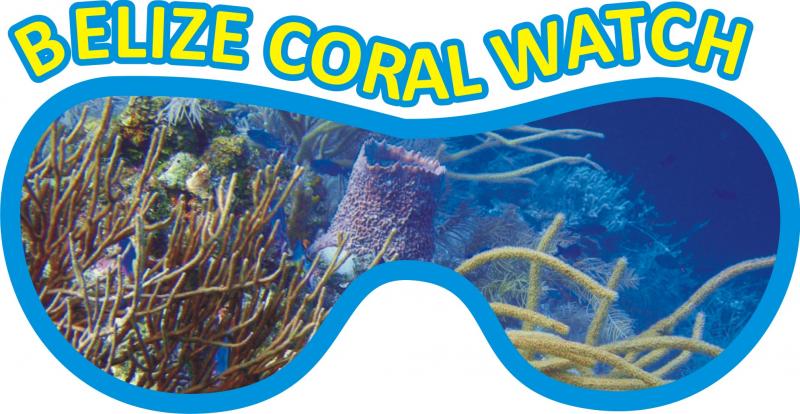
ECOMAR developed the Belize Coral Watch Program based on the goals and objectives of the Mesoamerican Reef Coral Watch Program. Additional materials have been developed that make it easy for marine guides and visitors to quickly learn about coral reefs, the difference between bleaching and disease, and the methods to make educated observations and build to build upon the volunteer network. Materials developed include Coral ID Cards, Coral Watch Observation Slate, Coral Watch Volunteer Handbook, and a DVD with Coral Watch mini-documentary and Coral Watch Training Module.
It's EASY to learn how to distinguish healthy from unhealthy corals!
Healthy coral comes in shades
of olive green to light brown.
Disease that makes corals turn white has a distinct line of healthy and unhealthy coral.
Dead coral is sometimes confused with bleached coral.
Pale coral is the first sign that corals are stressed.
Whole bleached coral
is completely white.
If you are ready to learn more about coral reefs and how to distinguish healthy, diseased, bleached or dead coral visit the Belize Coral Watch page and sign up today and become a Coral Watch Volunteer!
We need Coral Watch Volunteers to send us reports from all over Belize. Please Contact Us with any questions!
Copyright 2011 ECOMAR. All rights reserved.
St. George's Caye
PO Box 1234
Belize City, Belize
ph: 011 (501) 223-3022
fax: 011 (501) 223-7007
alt: 011 (501) 671-3483
linda







